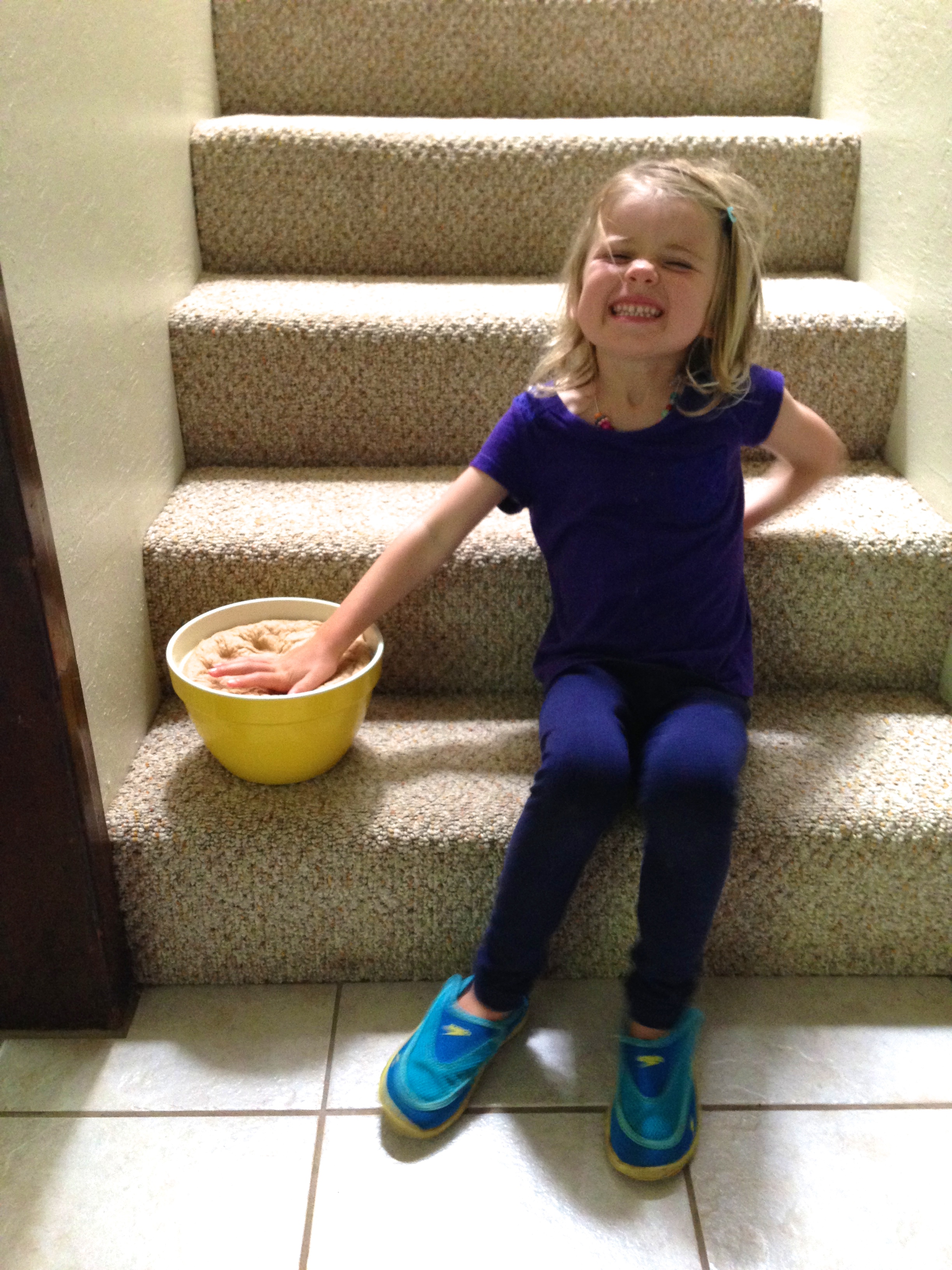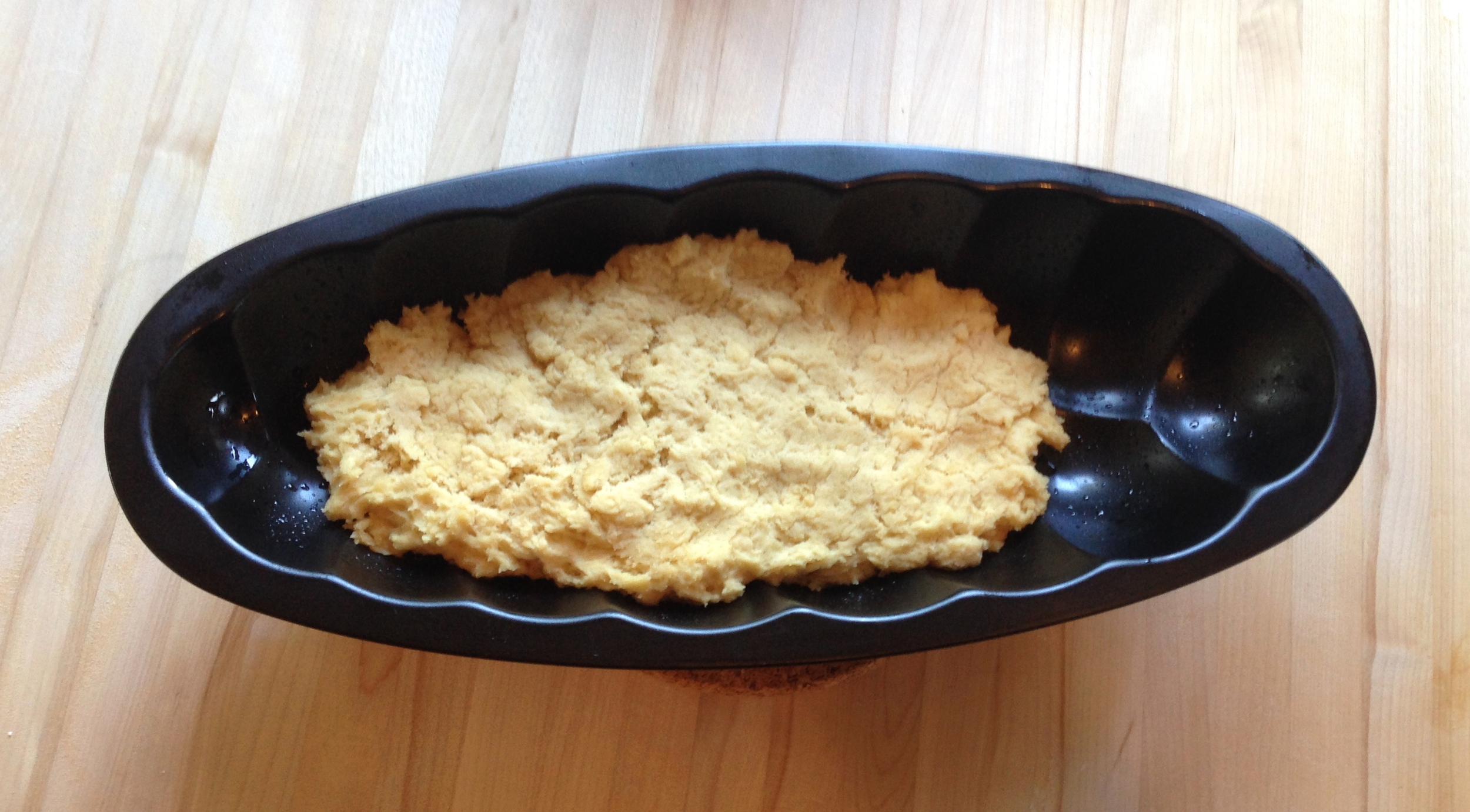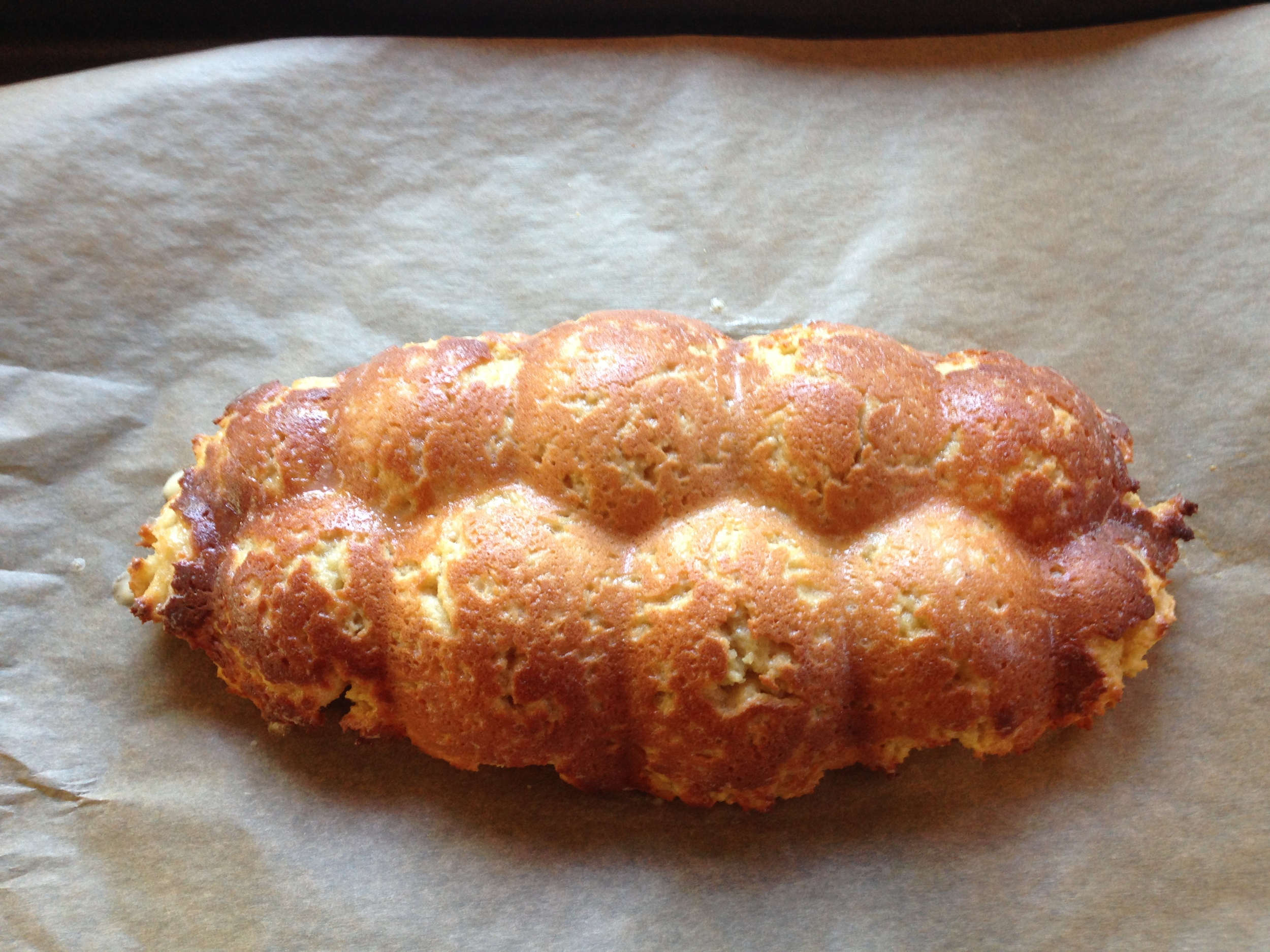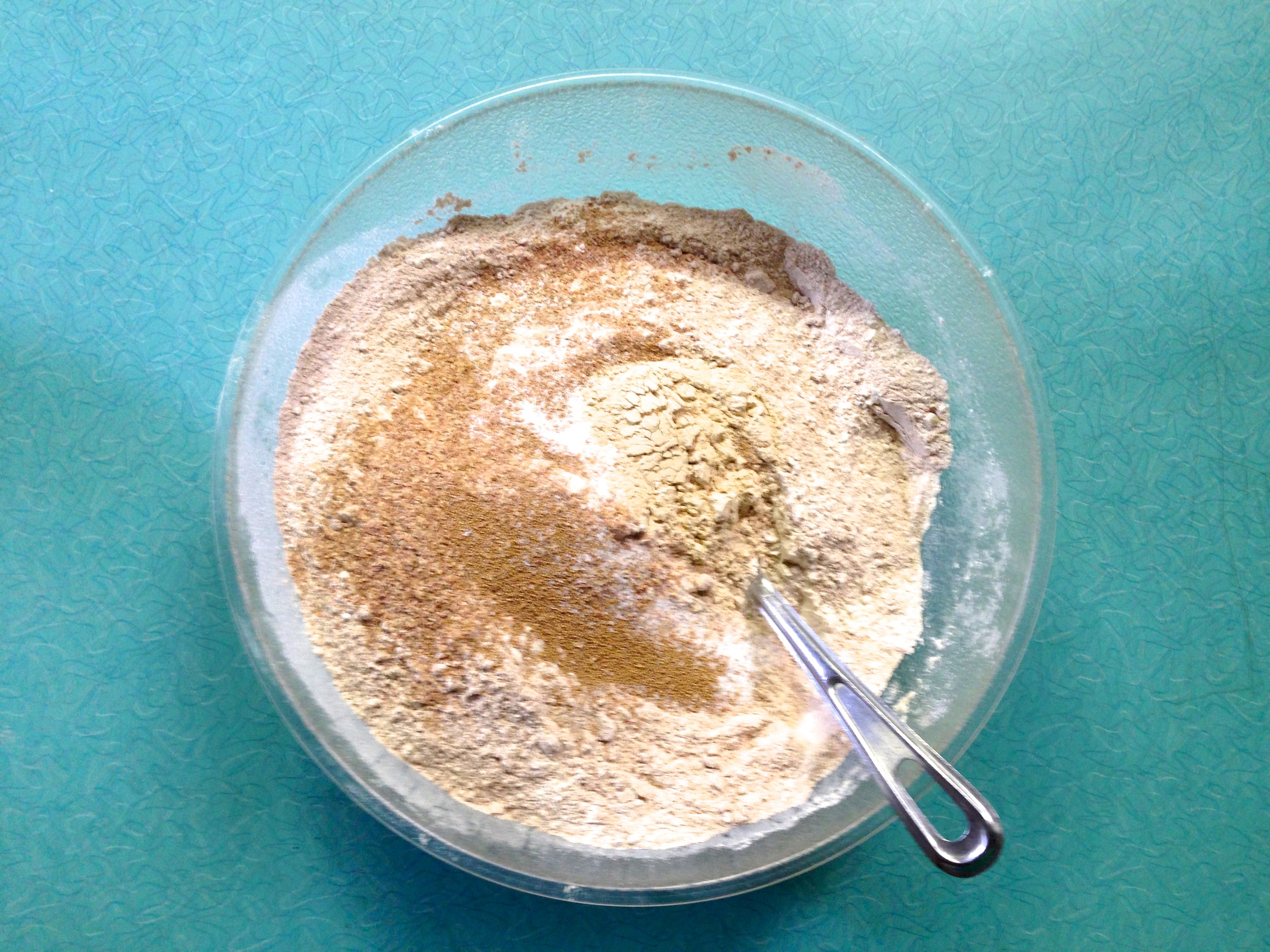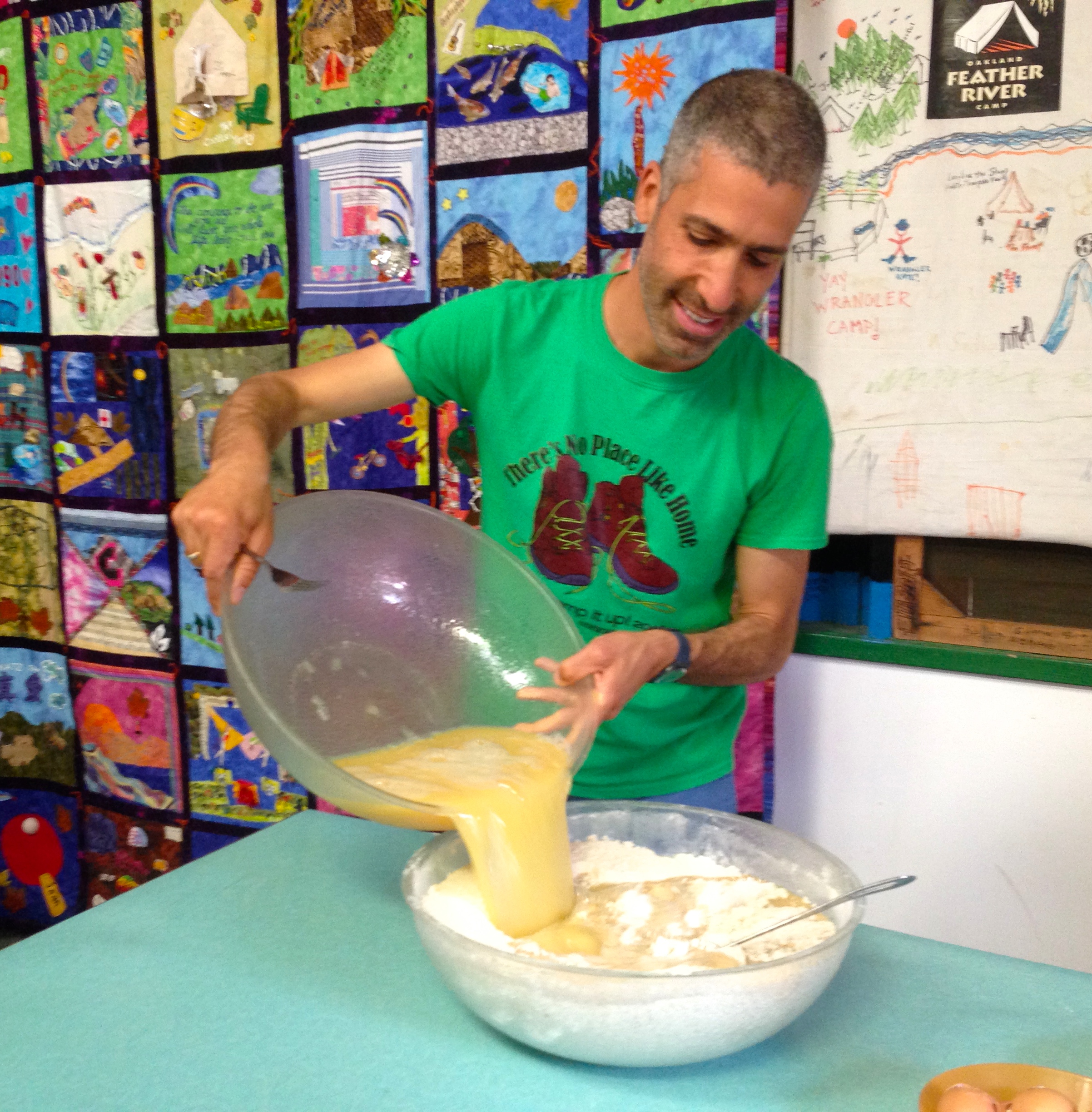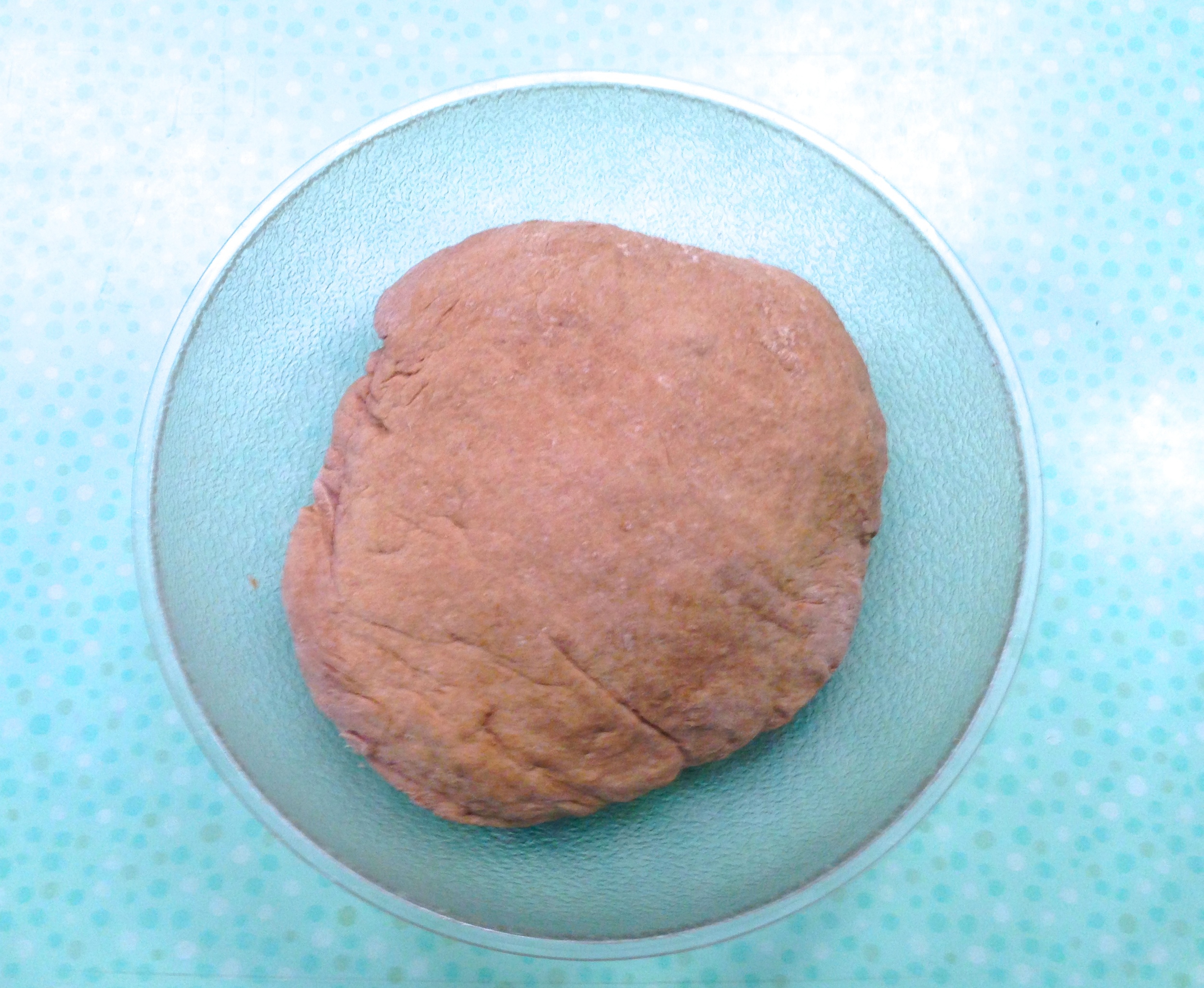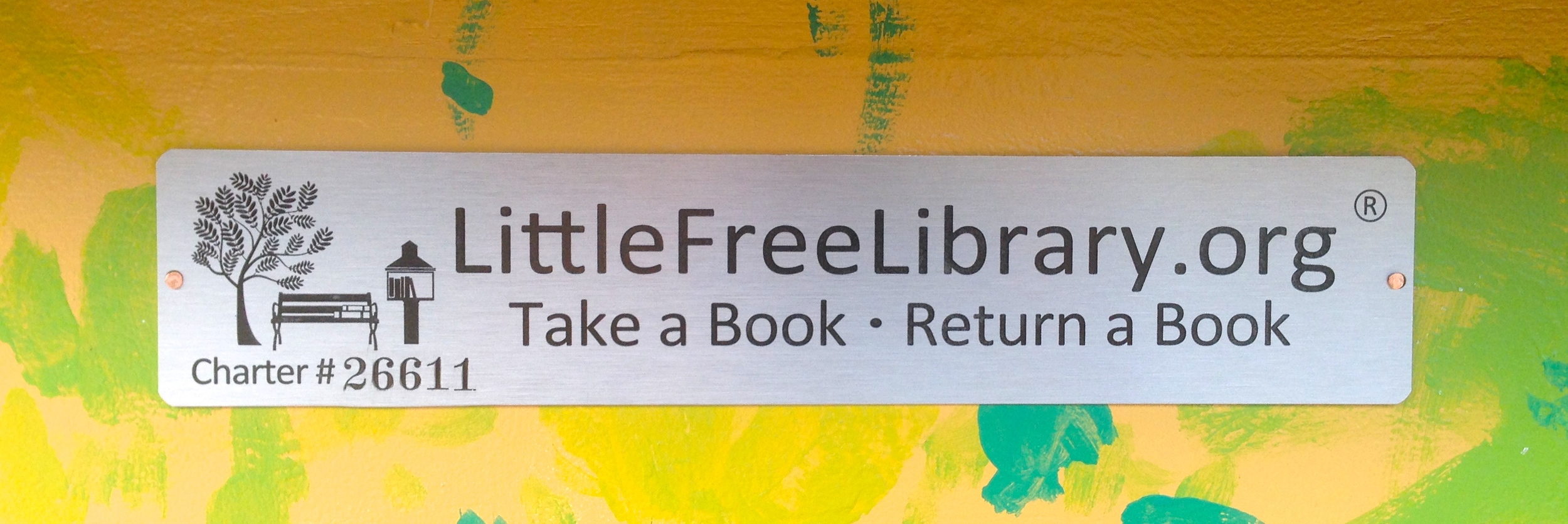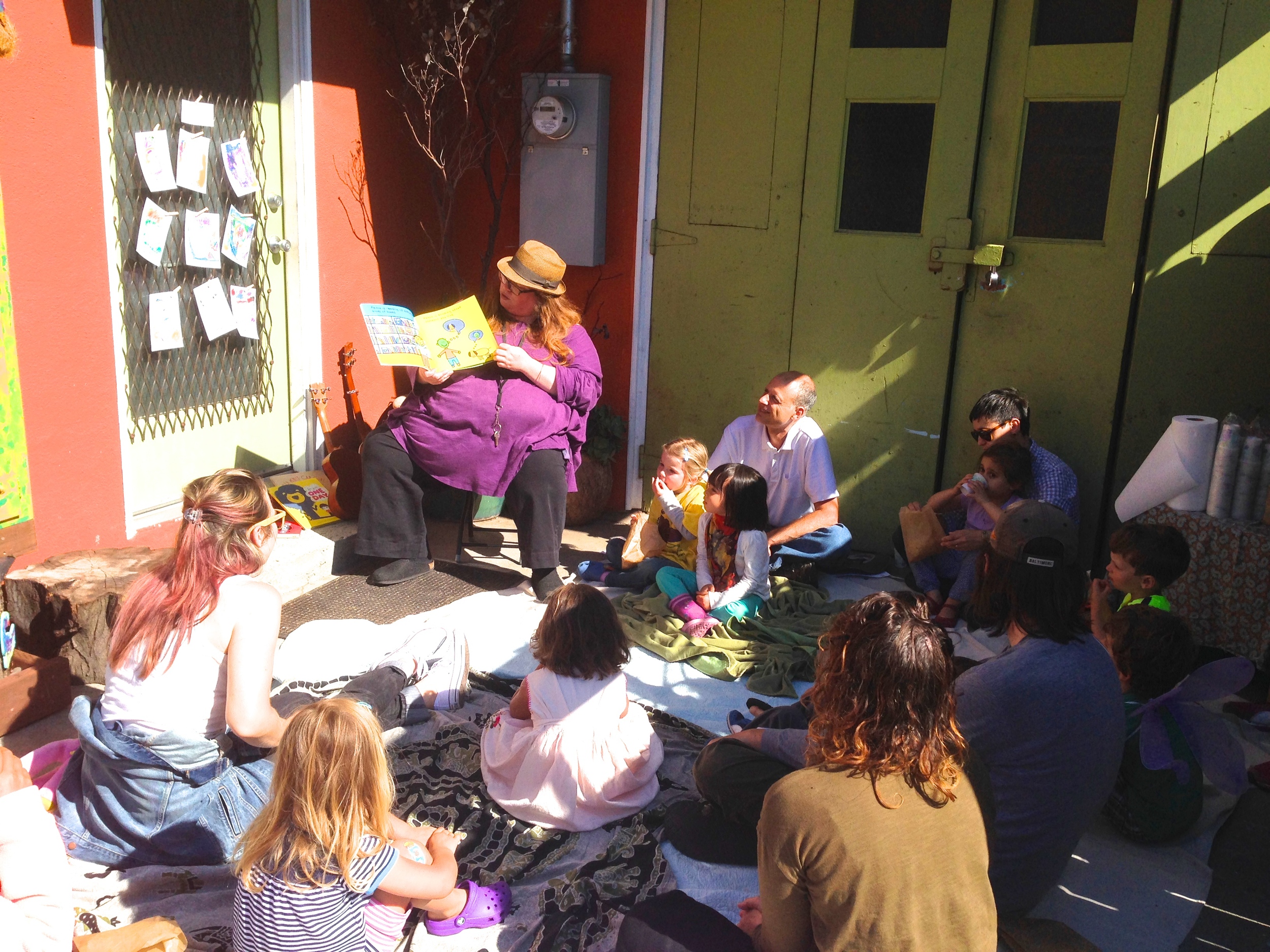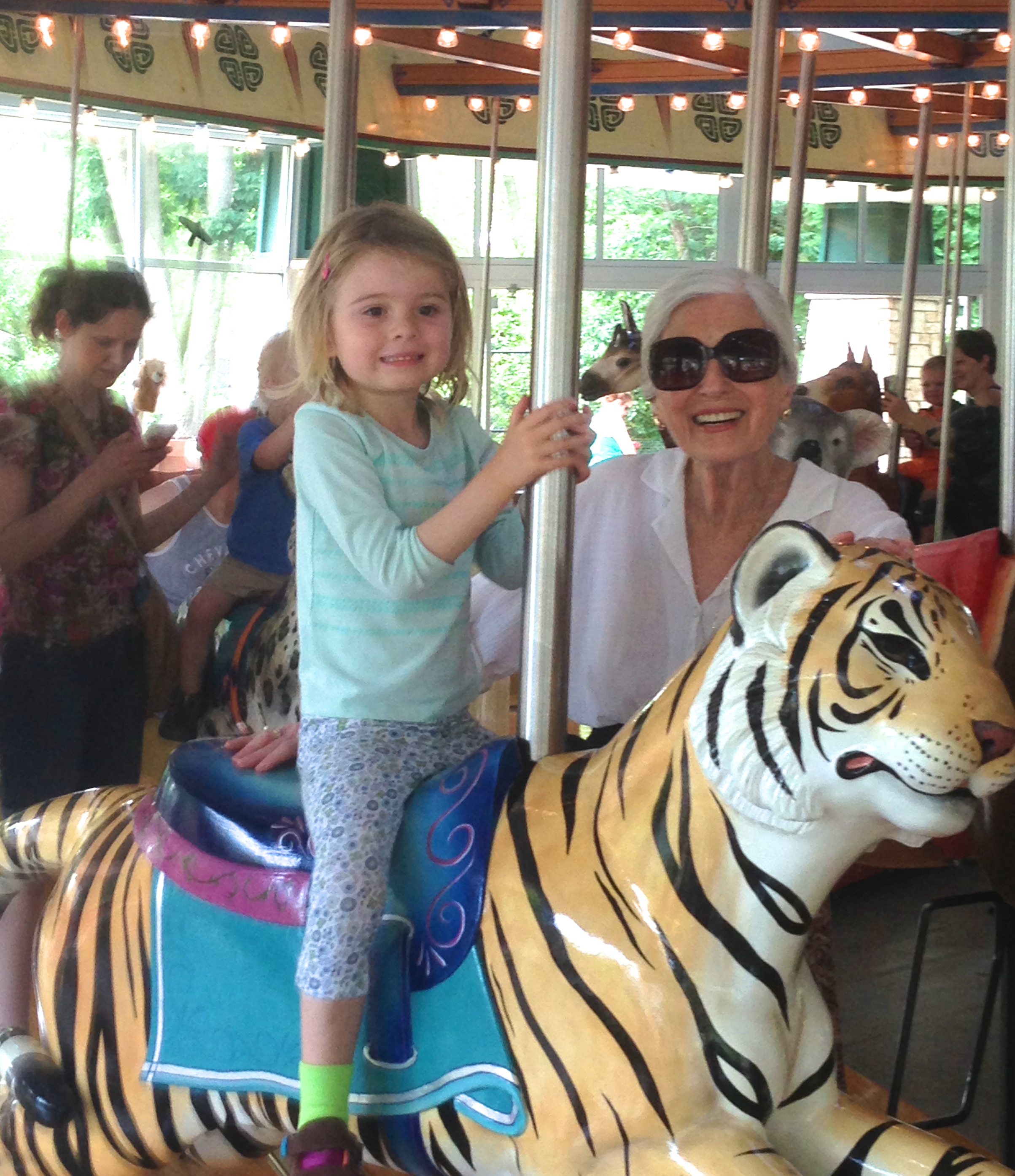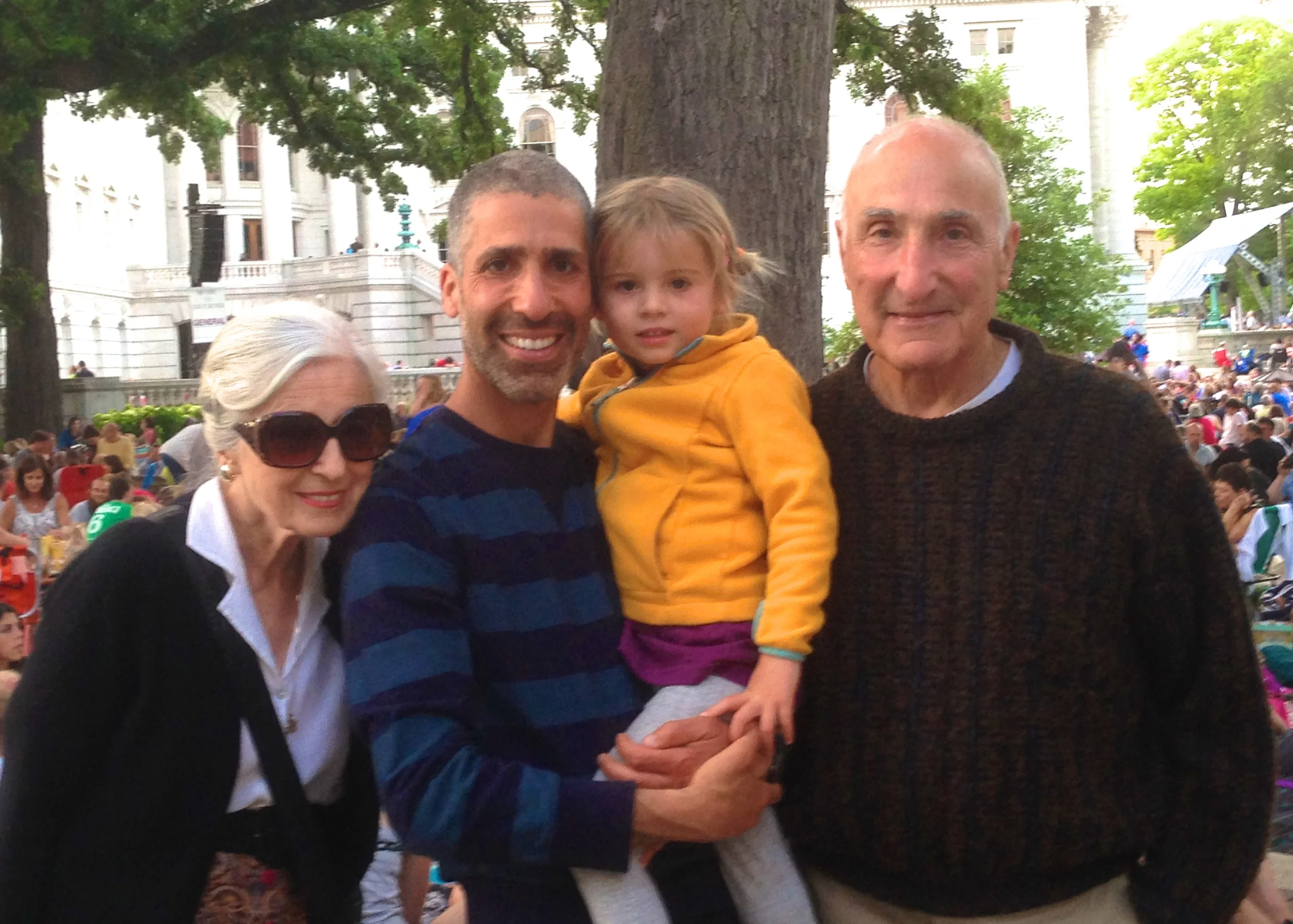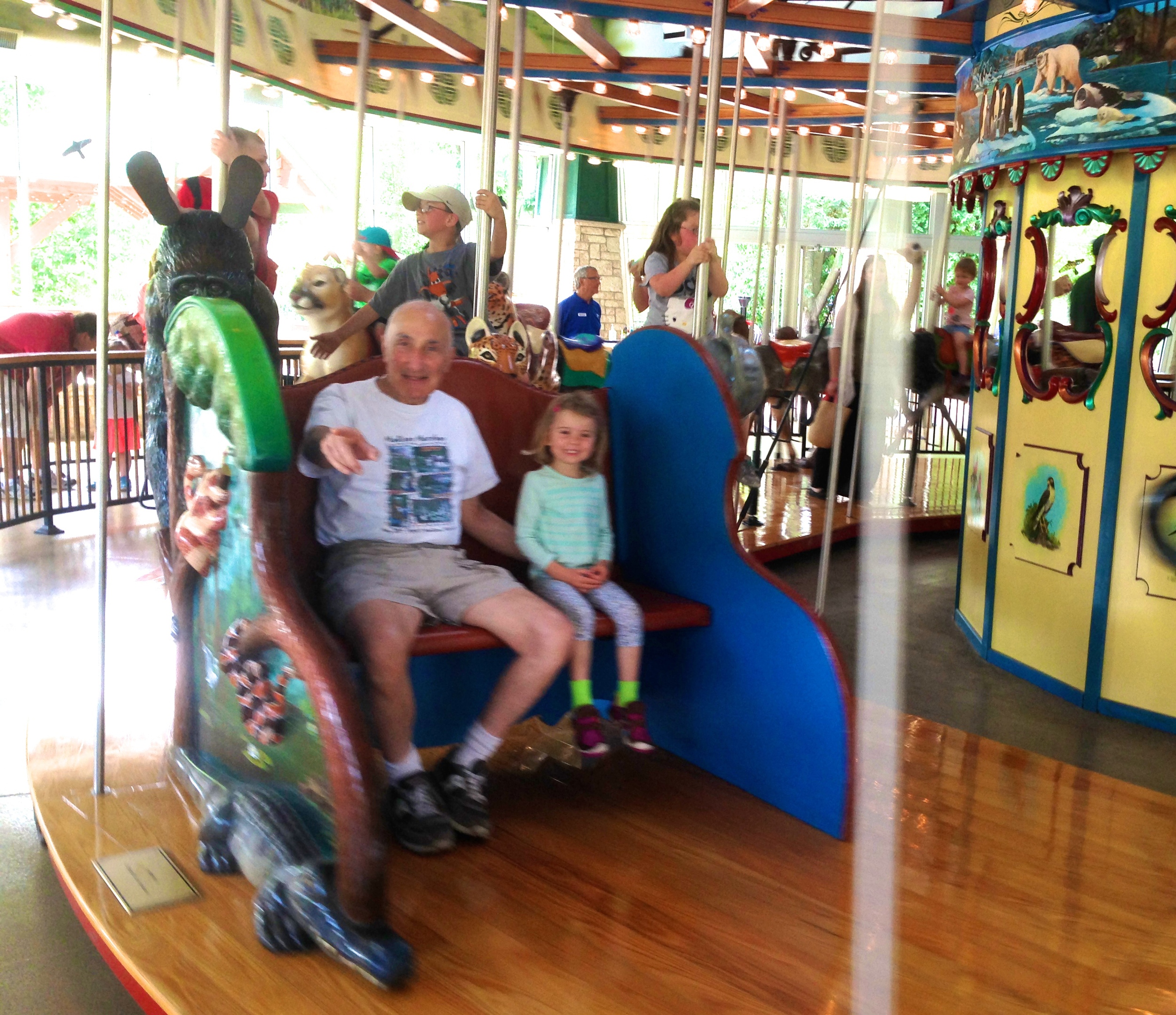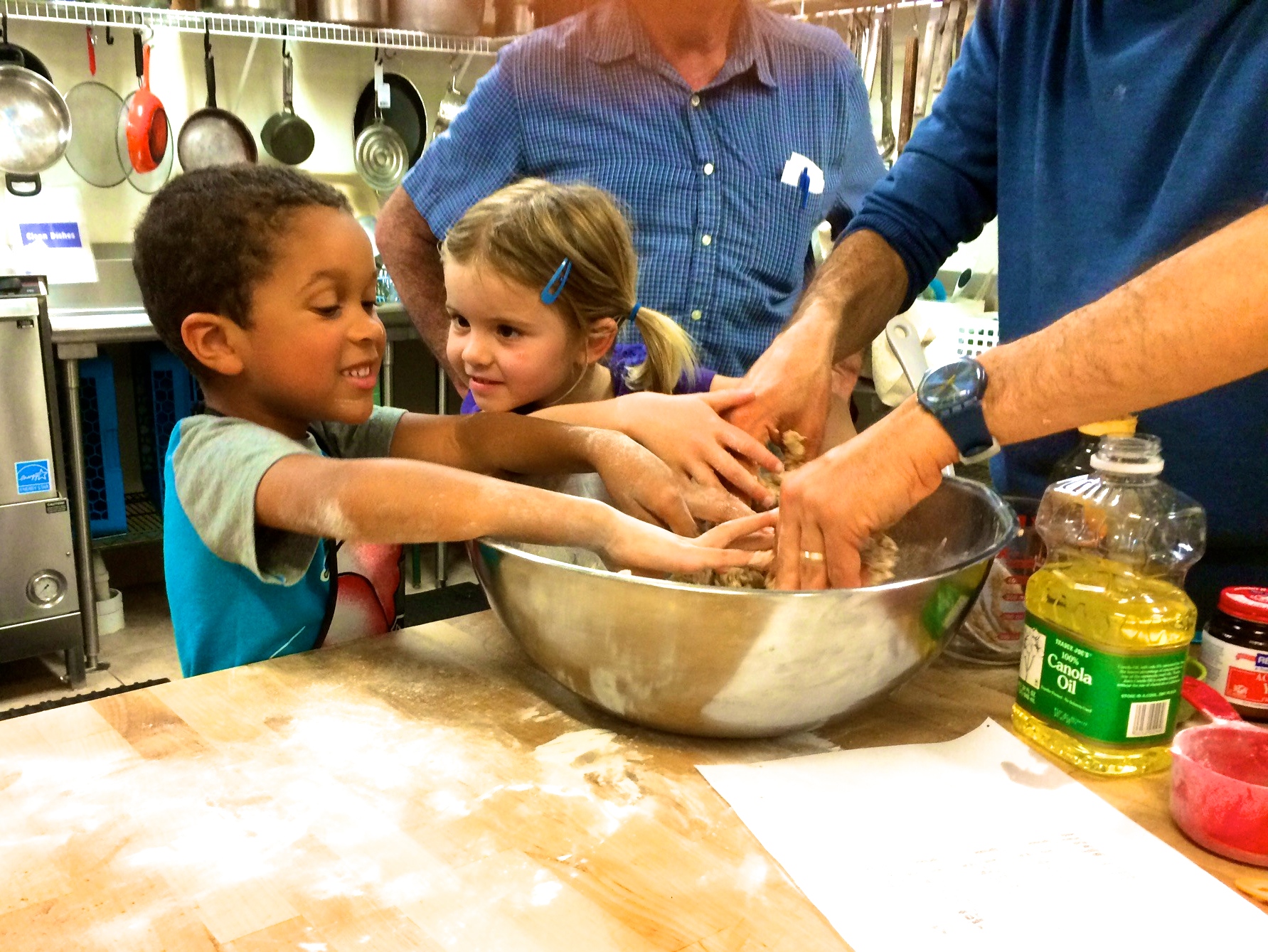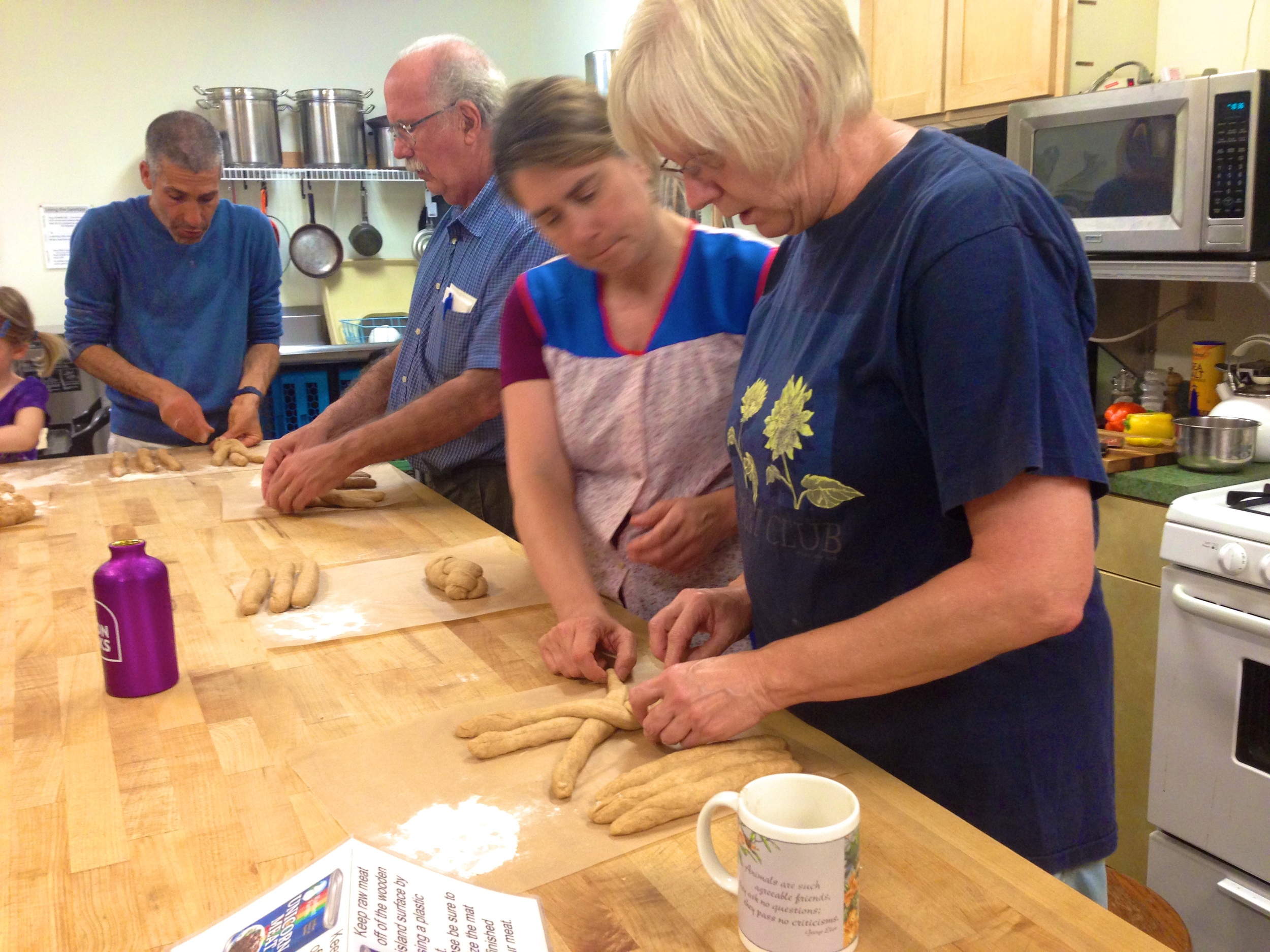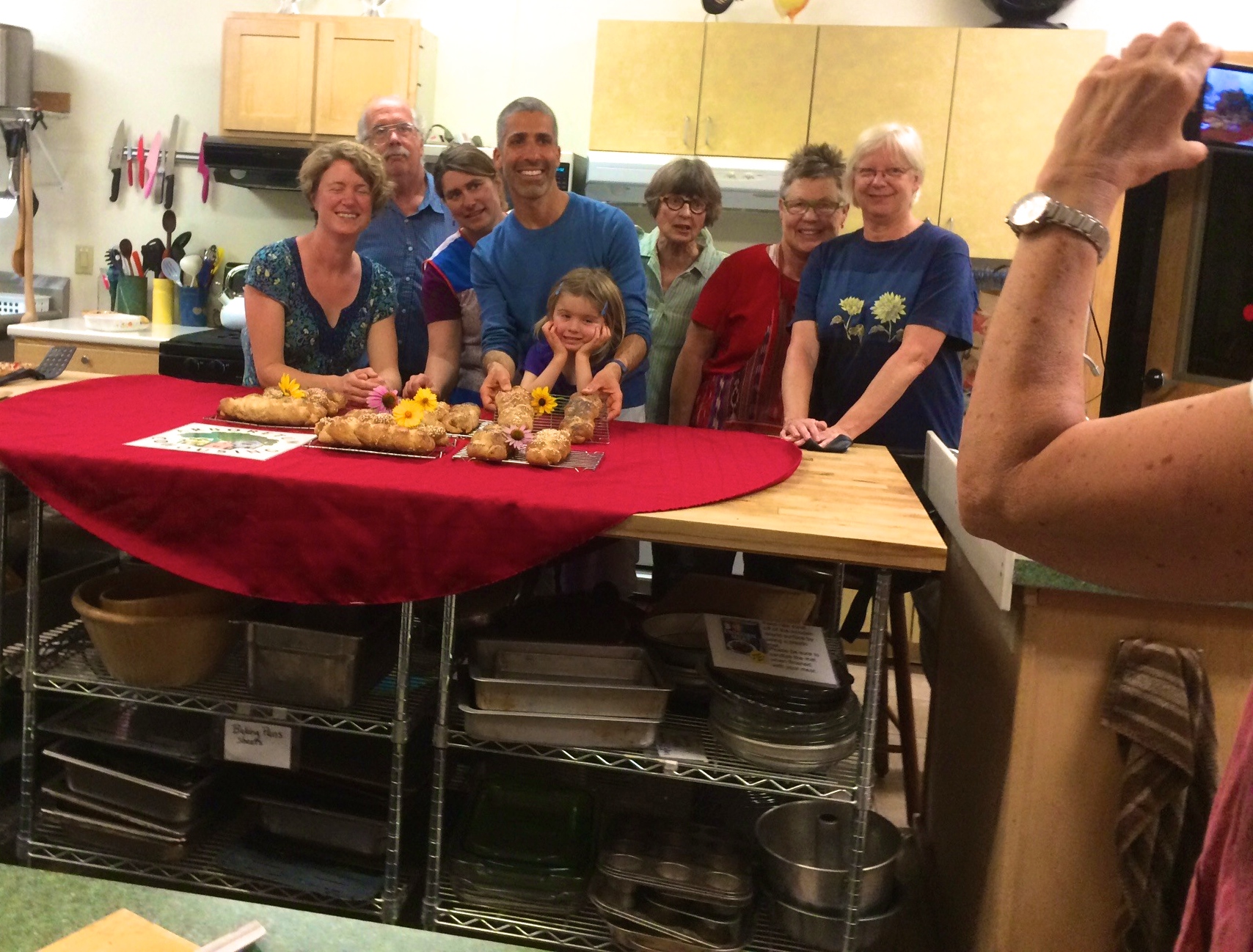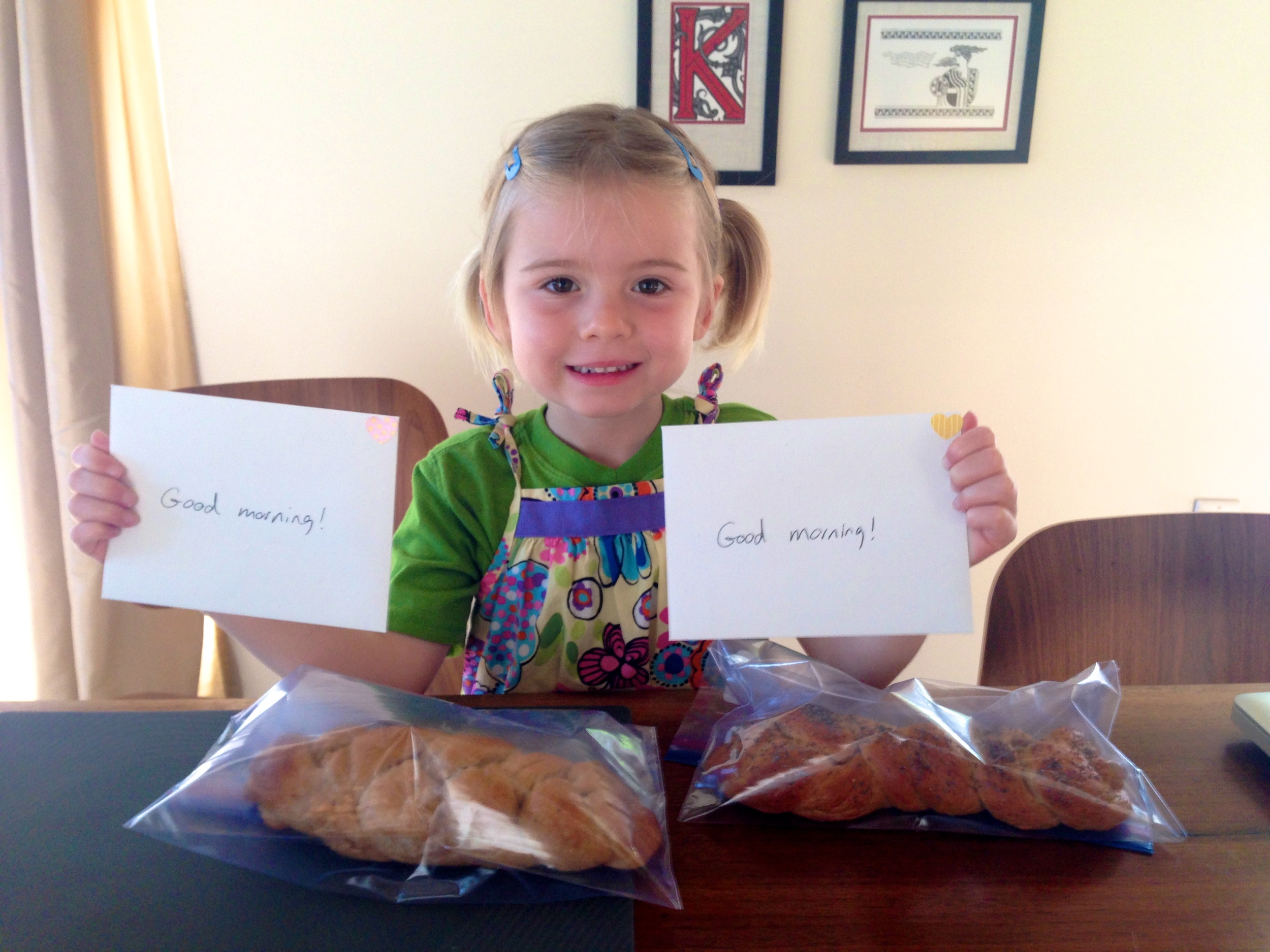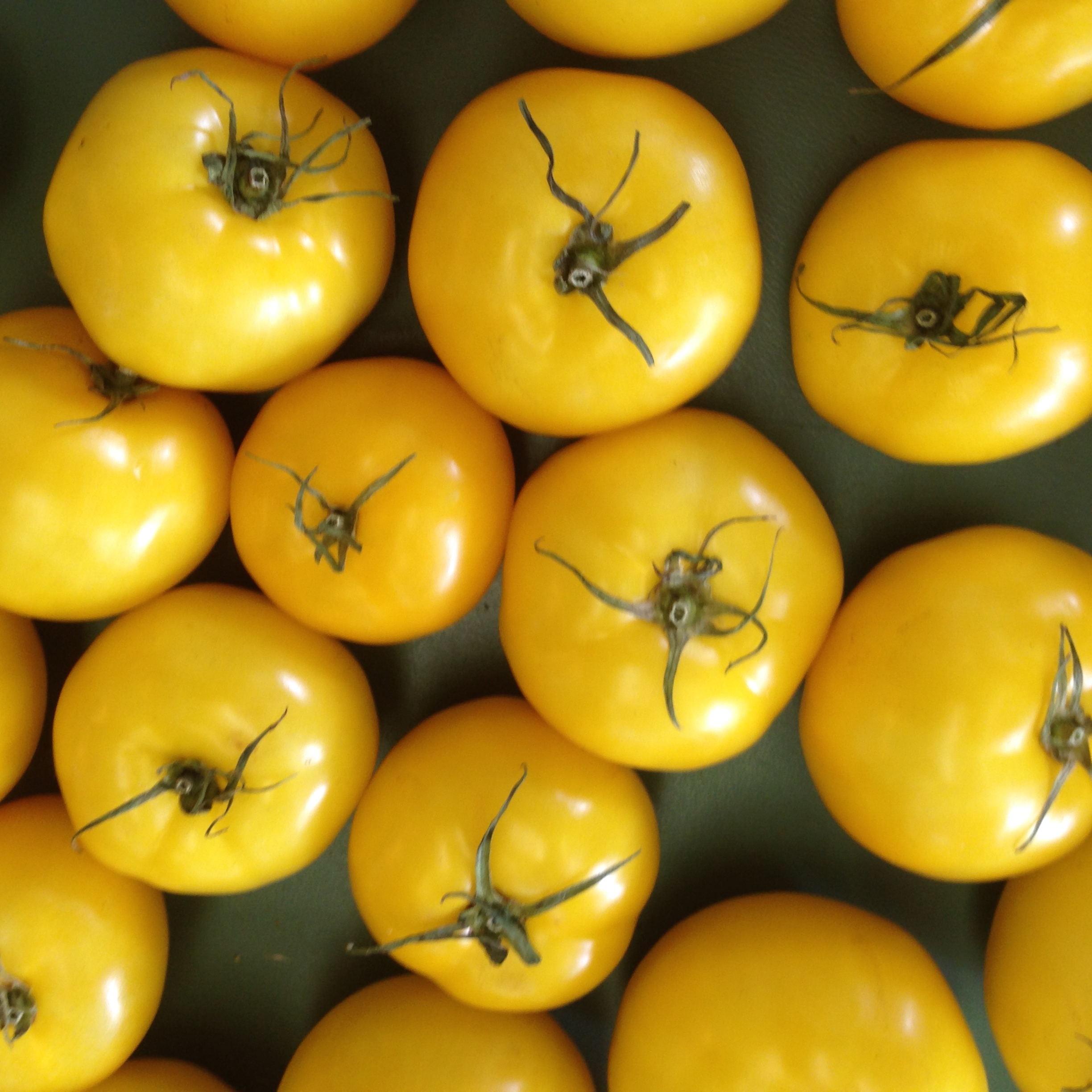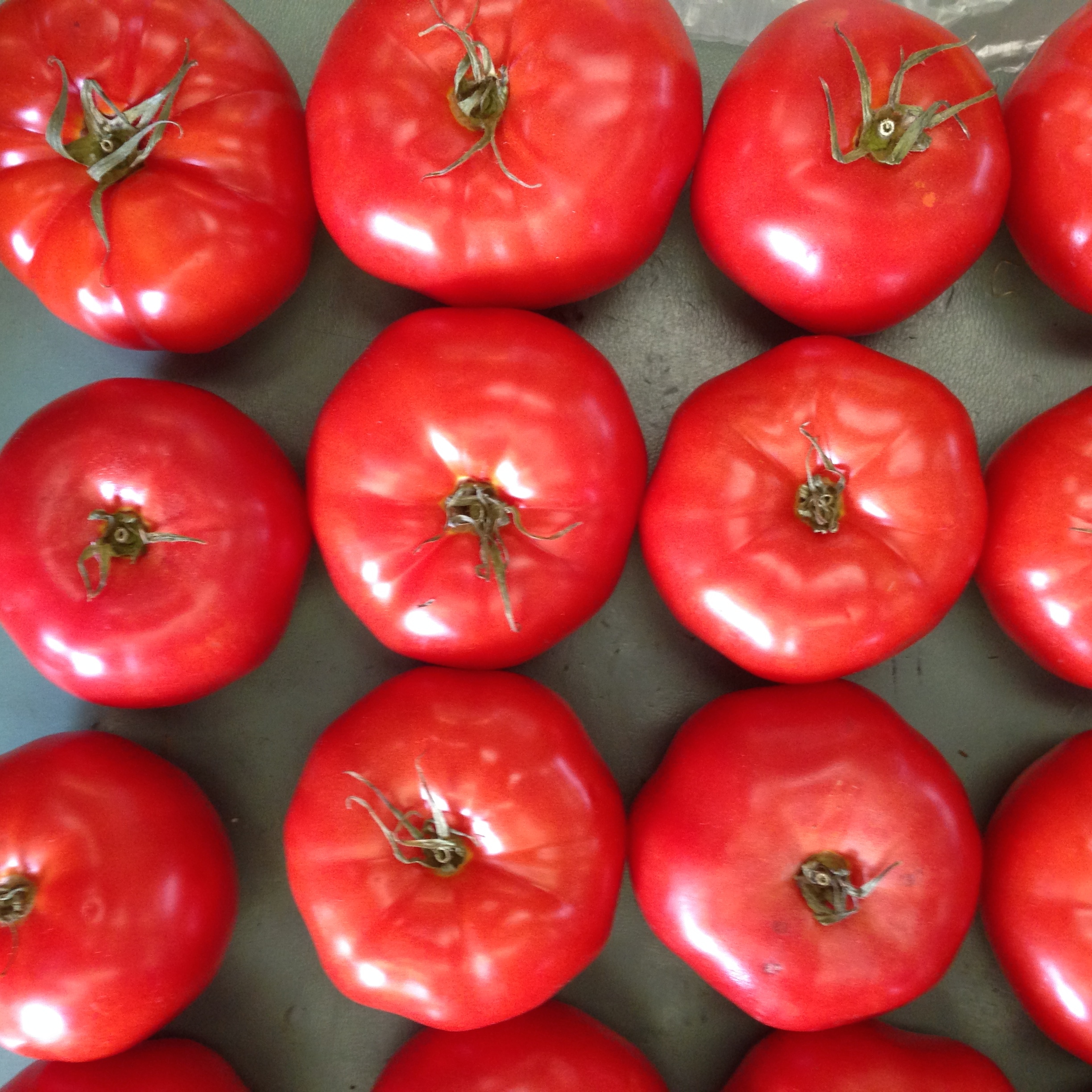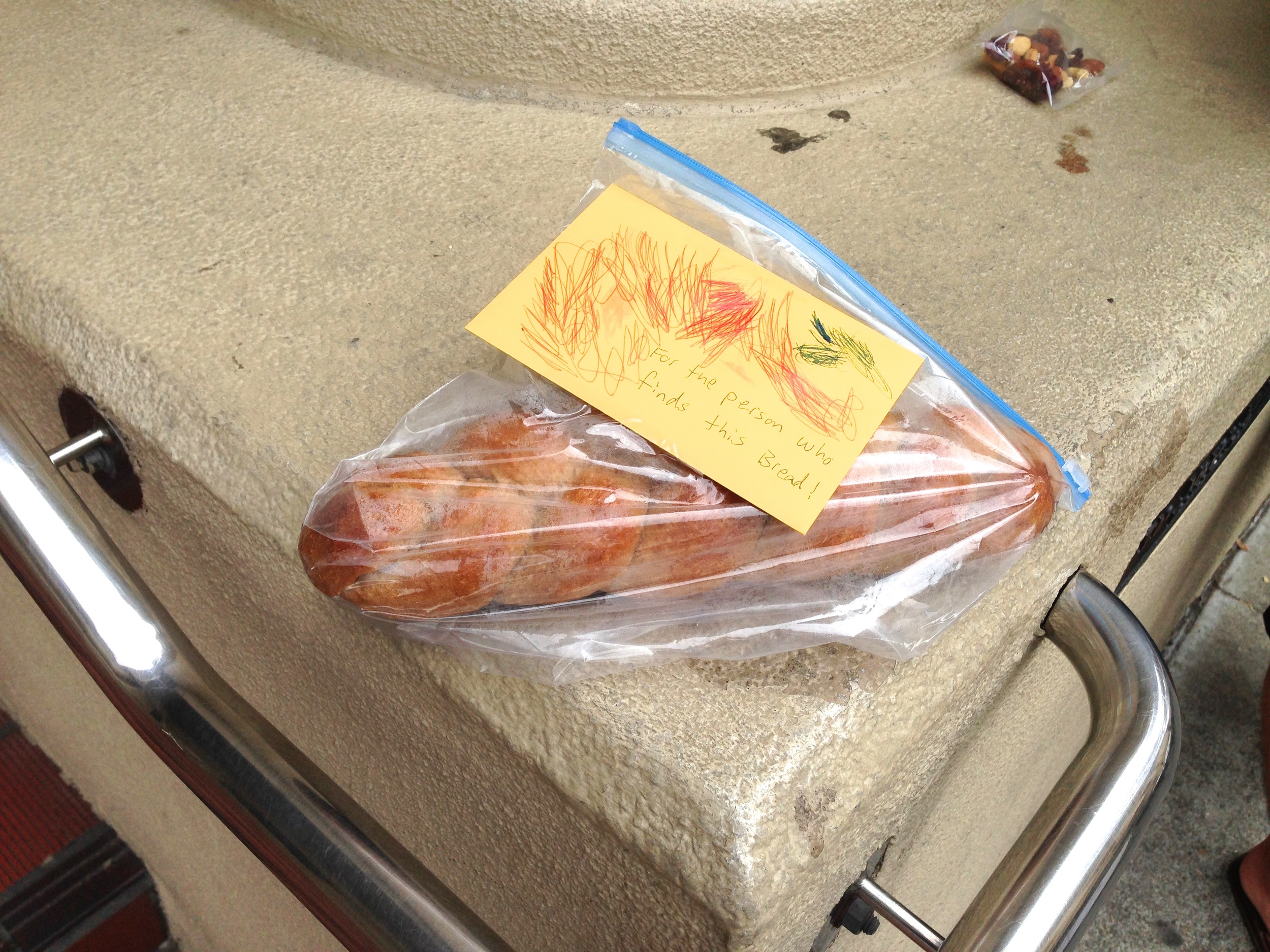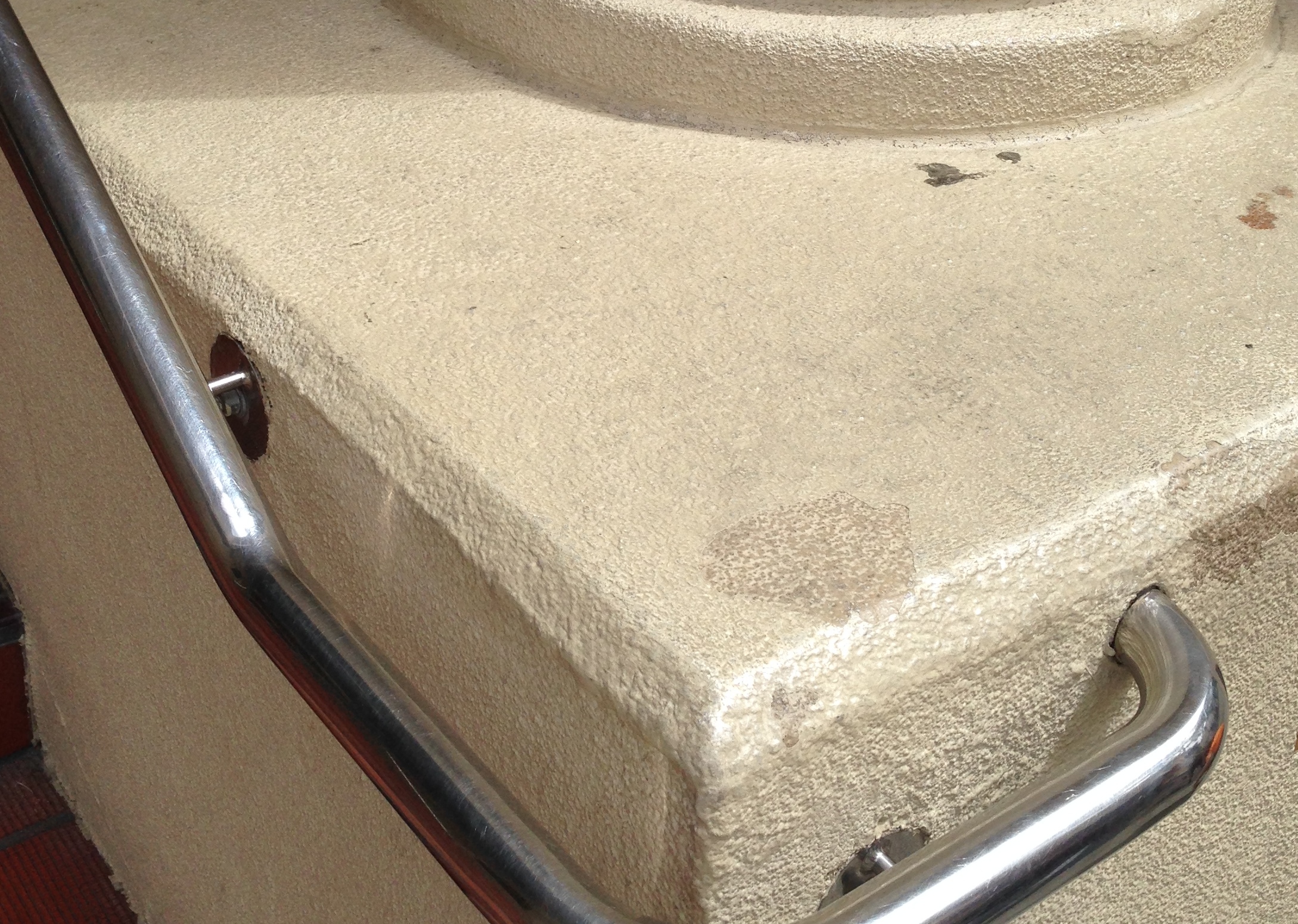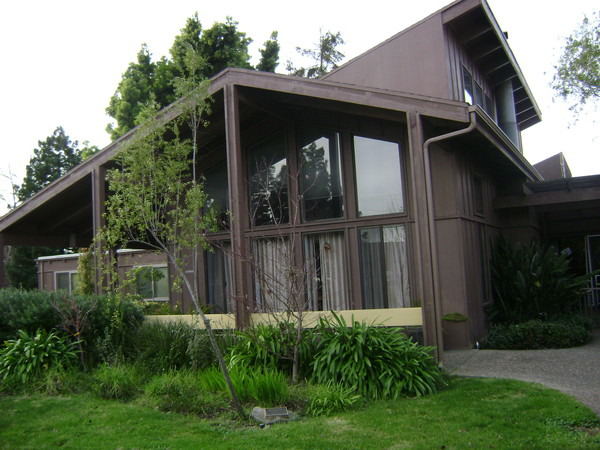"Full Circle: A Year of Challah-it-Forward"
Daniel Barash
As anyone who’s followed our “Challah-it-Forward” journey over the past months knows, music is often the soundtrack of my days; lyric and melody converge, making sense of and reflecting the experiences at hand. Thus, this past week, as it really dawned on me that come Rosh Hashanah, we would cross the one-year threshold, 50-plus weeks of baking and giving, I couldn’t help but think about this little tune from “Rent”:
“Five Hundred Twenty-Five Thousand
Six Hundred Minutes
Five Hundred Twenty-Five Thousand
Moments So Dear
Five Hundred Twenty-Five Thousand
Six Hundred Minutes
How Do You Measure - Measure A Year?
In Daylights - In Sunsets
In Midnights - In Cups Of Coffee
In Inches - In Miles
In Laughter - In Strife
In - Five Hundred Twenty-Five Thousand
Six Hundred Minutes
How Do You Measure
A Year In The Life?
How About Love?
How About Love?
How About Love?
Measure In Love”
I now have another way to measure a year - in CHALLAH! 50-plus mixings, kneadings, risings, braidings, bakings, tastings, and givings!
For it was exactly one year ago that we began Rosh Hashanah with a round challah, filled with the sweetness of the new year to come. After that first week, Aviva began making connections between challah and the wider world, through the creation of her own one-line song entitled “The World is Round Like a Challah, and Challah is round like the world!” Since then the connections and questions have both deepened and widened; Why is the world round? What is gravity? Why do oceans cover the world? How long will you live? How long will I live? How do people die? How many seconds are in a minute? How many minutes are in an hour? How many hours are in a day? How many days are in a month? How many months are in a year? How many years until I’m all grown-up!? So many questions!!
Questions have actually been at the heart of this whole endeavor since the beginning, for although the initial “Challah-it-Forward” challenge seemed simple enough (“Let’s bake challah every week as a family, and then commit to keep some and give some away”), a myriad of questions were soon revealed: How are we going to make and share week in and week out, whether or not we are actually in town? How can I possibly write something interesting about this experience for 50-plus weeks straight? Are we going to make the same kind of challah every week, or experiment with different recipes? Are we going to share with the same individuals or groups every week, or try to deliver as far and wide as possible?
Only time would tell, and week-by-week, and month-by-month, the questions were ultimately answered:
50-plus weeks straight? It really wasn’t as difficult as I had anticipated, though it did require intention and planning. After a few weeks, a rhythm was established, which kept it going despite the challenges that inevitably presented themselves. When we were away, I’d make sure to call individuals or agencies within the visiting city beforehand and arrange for a delivery. Thus, “Challah-it-Forward” reached Madison, San Diego, the Sierra’s, and even Kauai!
Finding enough topics to write about? Easier than I thought, as ideas seemed to serendipitously present themselves in the most unexpected moments. On the whole, I often found myself writing about the fragile endeavor of parenting, and the lessons that I’ve been lucky enough to learn.
The receivers of our challah? While we had initially envisioned reaching as many folks as possible over the course of the year, we ended up with a few local regulars (Chaparral House, Women’s Daytime Drop-in Center, and our cohousing neighbors). The local aspect of many of our deliveries allowed Aviva the opportunity to really “get to know” our neighborhood in a profound way, though we were also able to make deliveries to city-wide homeless shelters, members of our community who were ill, and others through random acts of kindness.
Standard recipe, or wild experimentation? Despite an initial desire to exponentially expand my challah-recipe repertoire, our busy schedules meant that we mostly stuck with a honey whole-wheat challah, though we tried a few other varieties as well (Czernowitzer White, Seven Species Sukkot Challah, Egg Free, Gluten Free, Matzah).
After making and sharing this year’s Rosh Hashanah challah with friends at Camp Tawonga’s outdoor service, we returned home, tired and exhausted. But with enough energy for Aviva to insist on one last evening snack, a feast of fresh pomegranate seeds. I couldn’t help but think about the pomegranate’s rich symbolism within the Jewish tradition. As noted in the wonderful anthology “Mitzvah Stories: Seeds for Inspiration and Learning,” rabbinic tradition teaches us that a perfect pomegranate contains 613 seeds, equal to the number of mitzvot (commandments) within the Torah. Throughout the year, we had been inspired by one category of these mitzvot: Gemilut Chasadim, or acts of loving-kindness. As Aviva reached for and relished each pomegranate seed, savoring their crunchy sweet taste, I smiled, realizing that by giving to others, we often do indeed receive many sweet, unexpected returns.
And now, a new question: What’s next for “Challah-it-Forward?”
I’m honestly not sure. Though maybe not every week(!), I’m committed to continuing to bake and give as a family, as I can’t imagine not having this as regular family practice! With regard to regular blog entries, the writing will no longer be a weekly ritual, but will rather appear on an occasional basis, as inspiration strikes!
One thing I am quite certain of is the desire to continue sharing “Challah-it-Forward” with others; families, preschools, synagogues, religious schools, youth groups, and more. Stay tuned for what form this might take, and if you have any ideas, please do share them with me.
On a personal level, I think a new family project for this coming year (not to be blogged about!) surrounds the question of “What is enough?” It will involve reassessing what material things we currently have in our lives, what we actually need, and what might we be able to give away to others. A related focus will explore our future material needs with regard to family consumption, and will involve much more intention surrounding new material items that we bring into our lives.
As a final note, I want to thank my dear family for taking this journey over the past months, and all of you dear readers for lending your ears along the way.
With love and gratitude,
Shanah Tovah!












